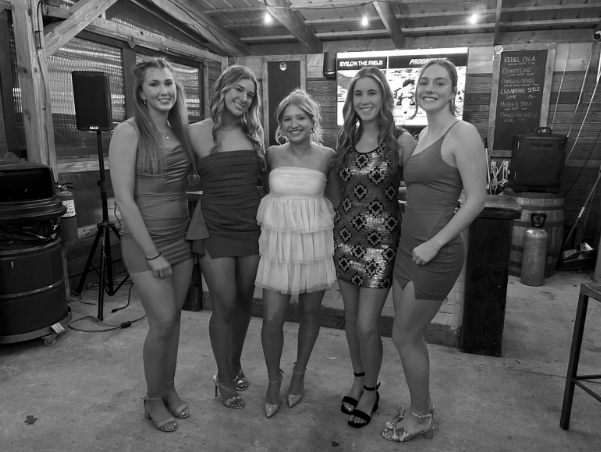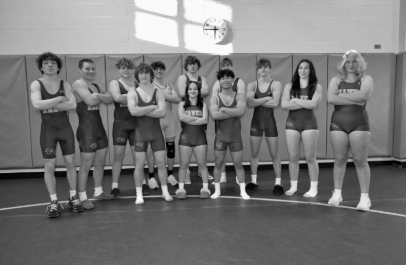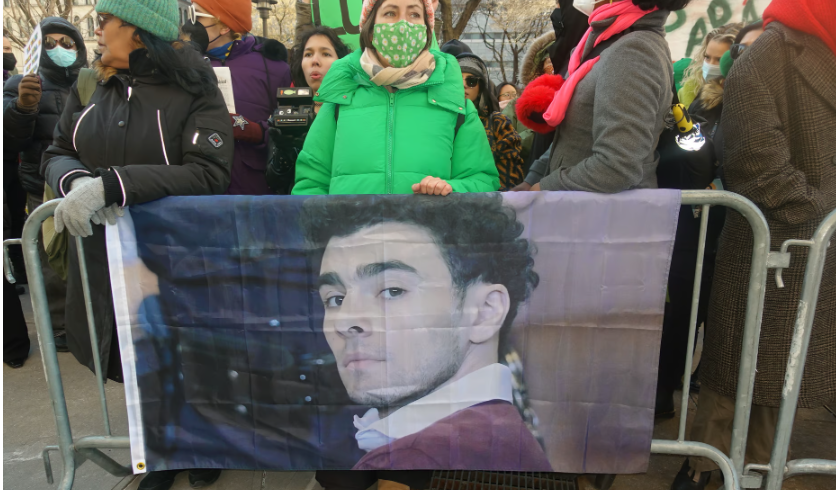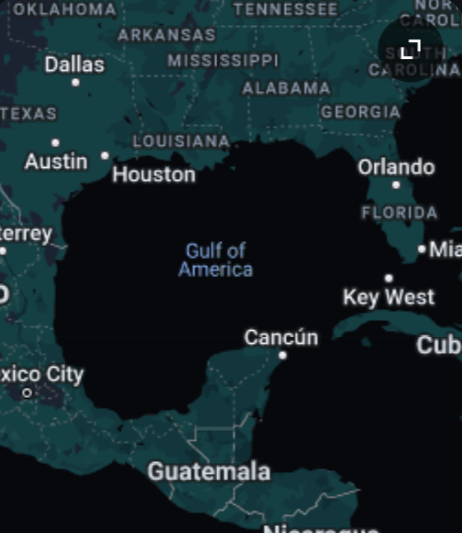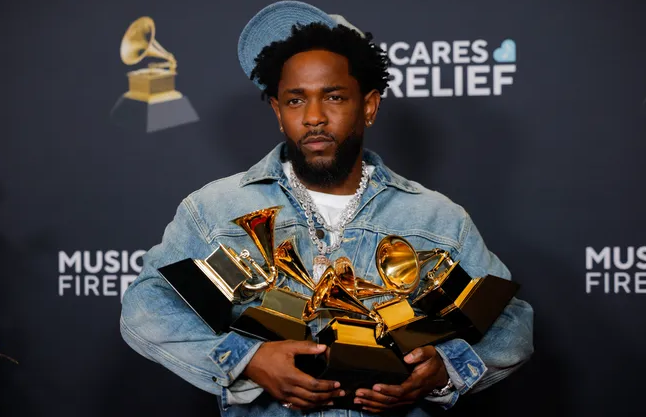Florida prepares to declare ‘Don’t Say Gay’ Bill; Challenging LGBTQ+ representation among youth
March 18, 2022
From a young age, children learned what words they shouldn’t say. Whether these are considered “mean” or just wrong altogether, kids learned “curse” words.
So, when did an innocent adjective describing self-identity become just another “curse” for kids to avoid?
According to journalist and writer Joe Hernandez with NPR, Florida’s House of Representatives passed a controversial bill on Thursday, February 17. This limited when and how teachers and school staff can discuss gender and sexual orientation in the classroom.
The legislation passed is originally titled the Parental Rights in Education bill but has been dubbed by critics as the “Don’t Say Gay” bill. The bill is headed to the state’s Republican-held Senate, according to writer Matt Lavietes, where it is expected to pass.
“The legislation prohibits any instruction about sexuality or gender between kindergarten and third grade or in a manner that is not age-appropriate or developmentally appropriate for students in accordance with state standards,” Hernandez writes.
So, who gets to decide what is not ‘age appropriate’? The straight, cis, men and women who know nothing about what it’s like growing up different than your peers and not knowing why?
The soon to be bill has gotten tons of media coverage and national outrage, grabbing the attention of Hollywood actors, influencers, international newspapers, and even the White House.
When 470 people were polled, only approximately 9 percent believed that the bill should pass.
In fact, it doesn’t seem like even the President of the United States agrees with the bill. “I want every member of the LGBTQI+ community – especially the kids who will be impacted by this hateful bill – to know that you are loved and accepted as you are,” Biden tweeted in regards to the bill.
Joe Harding, the republican who introduced the bill, says “creating boundaries at an early age of what is appropriate in our schools, when we are funding our schools, is not hate.” He also adds “it’s actually providing boundaries and it’s fair to our teachers and our school districts to know what we expect.”
There’s no doubt that these ‘boundaries’ won’t help make daily life easier for LGBTQ+ youth. According to a study released by the CDC, the youth already face a higher rate of bullying and higher risk of suicide than their straight, cisgender peers.
They already feel so different from their peers, why alienate them more by not teaching kids to accept their peers’ differences at a young age?
Senior Maggie Sadiq said she started feeling different “around fourth grade,” and recently, she came out to most of her family. “I used to worry about what they would think, but I realized that it’s who I am and I shouldn’t have to hide it from other people.”
Another student, who would like to remain anonymous, says “I started to notice I wasn’t straight when I was around eight,” and also adds “I have come out to my friends and family because they have all made me comfortable enough to share that with them.”
However, not everyone gets the support of an accepting family, so shouldn’t they be able to rely on their school to be loving and accepting, even at a young age?
In third grade, you’re learning about world history, economics, government, etc.. Is that really prioritized over a child’s sense of identity?


